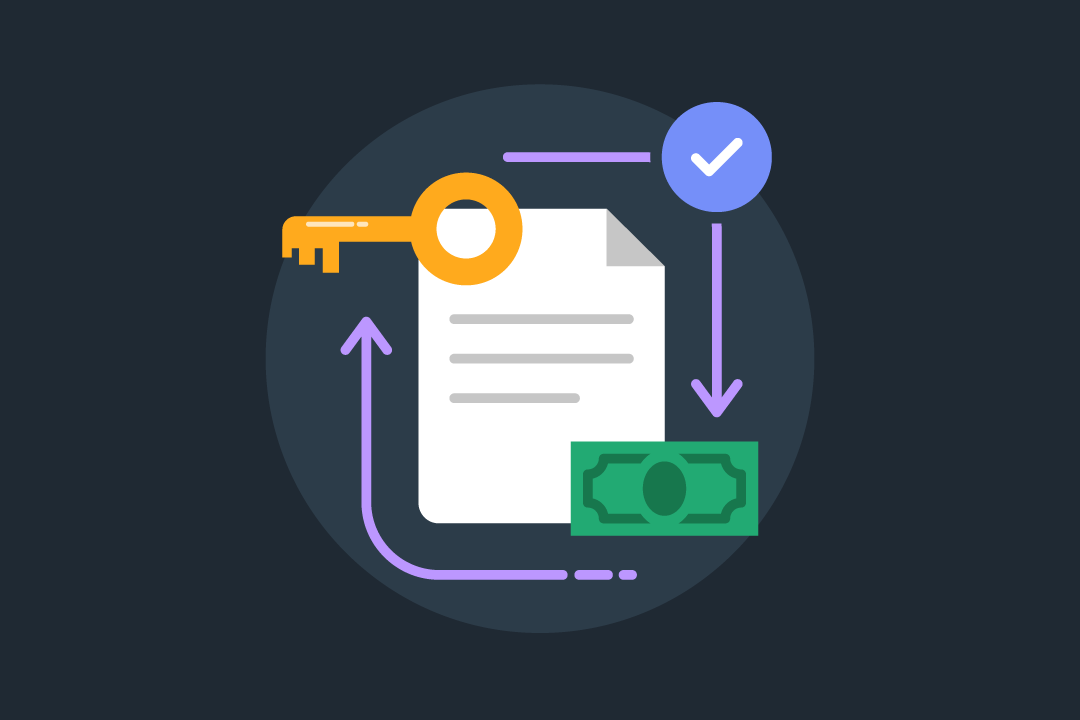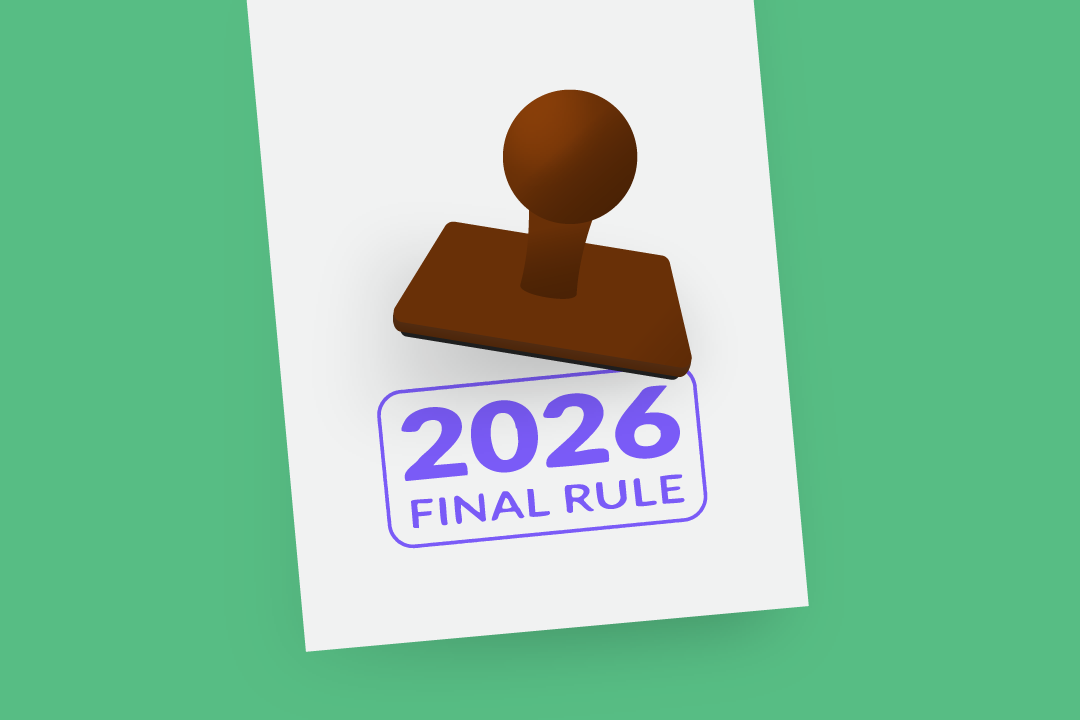Can AI Cut Down on Documentation and Coding Headaches?
Find out how AI alleviates documentation and coding headaches for rehab therapists everywhere.

Subscribe
Get the latest news and tips directly in your inbox by subscribing to our monthly newsletter
We’ve all heard the saying that there are not enough hours in the day—usually in an exasperated tone from someone who seems bone tired. Well, rehab therapists have been living that saying for years now as a demanding career exceeds the amount of time allotted during “normal working hours.”
The reasons for the seemingly endless work for the modern clinician are well-documented. Cuts to payments and reimbursements, paired with everything seemingly getting more expensive all the time, mean that many insurance-based practices must increase the number of patients each provider sees to make ends meet. When you add the fact that documentation requirements have gotten out of hand, the current therapist is having to see more patients and spend more time noting the care they provide each patient.
It’s safe to say that the current situation is unsustainable: as the 2024 State of Rehab Therapy report found, long hours and low pay lead to burnout, which leads to turnover and staffing shortages, which in turn only puts more pressure on the remaining providers. Improving pay is a difficult (but not insurmountable) chore, so in the meantime, providers can look to some of the most talked-about new tech to help solve the workload issues: artificial intelligence (AI).
How can AI change rehab therapy workflows?
AI has been around for a while, but it’s taken off in the past couple of years as the technology has rapidly evolved. As with anything new and unfamiliar to the wider public, opinions can run the gamut. Both critics and proponents see a world in which AI takes over countless tasks and functions performed by people; they just differ on whether that’s a great thing or the beginning of the end for our society.
Given its current stage of development, it’s a bit too early to start worrying about AI morphing into Skynet. As WebPT Co-founder and Chief Clinical Officer Dr. Heidi Jannenga, PT, DPT, ATC notes in Powering PT’s Evolution: Harnessing Telehealth and AI, technology can never replace human providers in rehab therapy; for a start, AI obviously cannot put its hands on patients or connect with them on a human level. But it can serve as an adept assistant when it comes to the difficult work of documenting care and coding treatment.
AI can make taking real-time notes easy.
Many clinicians struggle to balance documentation processes and providing care. A lot of people will recommend doing documentation while you’re treating a patient to save time, but maybe your patients don’t love you going back to a screen every few minutes, or you’re just not great at multitasking. Instead, you end up working on patient notes during lunch…dinner, after your kids go to bed, and any free waking moment you have.
Fortunately, AI can help simplify the note-taking process without you having to do any typing. Now, with AI scribing capabilities, you can dictate your notes directly to your computer, where the AI can turn those into a compliant clinical note. And that’s in addition to the fact that AI can already check all of your documentation to ensure it’s compliant and not at risk of an audit—without you having to do chart reviews yourself.
AI can help you find the right CPT codes.
If documentation wasn’t tricky enough, there’s also the matter of your billing and coding experts trying to find the right code for the treatments you’ve indicated in your notes. While there are certain codes that they have down by heart due to frequency, like therapeutic exercises or neuromuscular re-ed, there are plenty that require them to delve deep into the coding books to find an applicable code. Even then, they can’t be sure they’ve picked the best code to most accurately capture the treatment—or that they’ve fully captured the maximum number of billable units based on treatment time.
AI, on the other hand, can draw on a wealth of past coding information to compare your notes to the codes used previously to ensure that you’re picking the most compliant option and fully billing for a provider’s time. Better yet, because AI can review documentation and coding in a fraction of the time it would take your billing team, you’re not only saving time and money on the time it would take humans to review that same work, but you’re also improving what you’re earning per visit with optimized coding.
AI can power a well-trained, HIPAA-compliant chatbot.
We’ve all heard of ChatGPT by now, and maybe even leaned on it a time or two in helping with some tedious tasks. The problem is that ChatGPT’s training is limited—especially in highly technical fields like rehab therapy. There’s also the little matter of HIPAA, which is a pretty big impediment to using ChatGPT to generate patient notes or do anything involving sensitive patient information.
While ChatGPT may be a byword for generative AI at the moment, it’s certainly not the only game in town for rehab therapists. You can access an AI chat assistant specifically tailored to the needs of a rehab therapist—one that’s been trained using millions of actual notes and high-quality documentation examples that follow best practices. So you can feel confident that when you’re asking for draft documentation or the answer to a treatment question, you’re getting reliable output suited to your specific needs.
Leveraging this kind of AI in your practice isn’t some far-flung vision of the future; it’s something you can implement today. WebPT Members that use AI as part of their platform can now take advantage of a voice-to-text scribe, real-time CPT coding guidance, and a rehab therapy-trained AI chatbot. Interested in adding the power of AI? Reach out to one of our experts and see how you can reduce your documentation and coding headaches.







